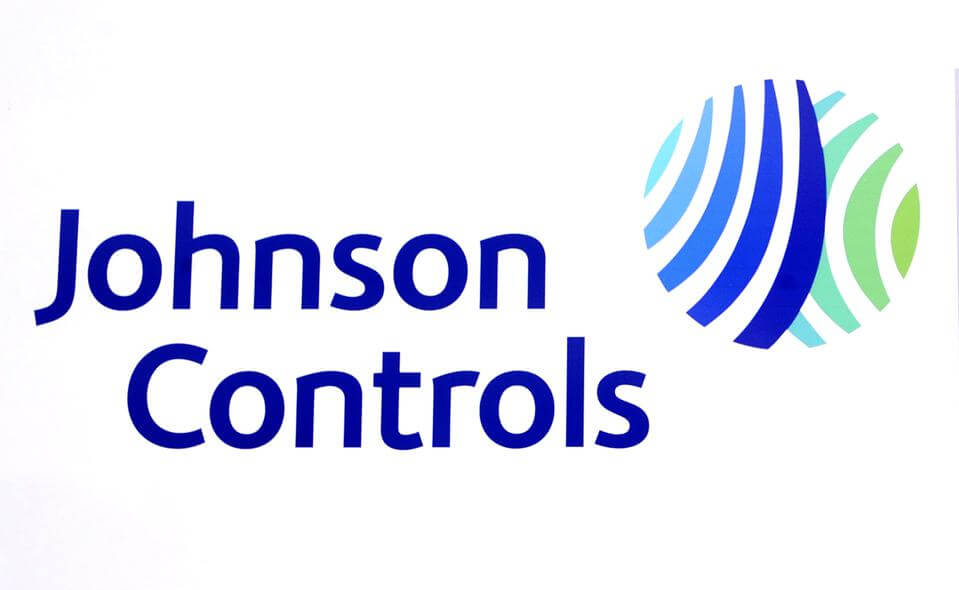As recruiting season is in full swing, I thought I would take the time to reflect on my internship journey and process during my freshman year. Last summer, I interned for Johnson Controls, an Heating, ventilation, and air conditioning (HVAC) company. I honestly had no expectations to get an internship the summer after my freshman year, but I still attended career fairs and company networking events to learn more about the internship process and network. I ended up getting my internship through the National Action Council of Minority Engineers (NACME), a scholarship program I was enrolled in through the USC Center for Engineering Diversity. NACME has a corporate scholarship program, where recipients of the scholarship work a 9-12 week paid internship and an extra $5K scholarship after completing their internship.
During my interviews and meetings with my recruiter, I found out they were offering me a software engineering role instead of a mechanical one. When I learned this fact, I was pretty nervous. I have taken only one programming class, MATLAB, and have very limited experience with C++ and Python. Before starting my work, I talked to my manager about my concerns and she encouraged me to check in with her and the other members of her team when I needed to.
I ended up working with two different teams during my time at Johnson Controls, the Artificial Intelligence Hub and the Global Product Security team. With the Artificial Intelligence Hub, my main project was using carbon dioxide sensor and air flow data to mathematically estimate the occupancy of a zone. My project was split into four different sections, and I got to work closely with different members of my manager’s team for each part. In the second half of my internship, I worked with the Global Product Security Team and automated one of their product security tasks by converting existing Python code into a configurable Python-based Windows Service. This project was a lot less structured than my work with the Artificial Intelligence Hub because I was working with a smaller group of people.
Even though I’m sure this is some of the most common advice given about internships, I really can’t stress enough how important it is to ask questions. Especially if you’re an underclassman or have very limited experience in the field your internship is in. There is absolutely no shame in being honest about your previous knowledge, because you’re at your internship to learn. I kept in contact with my manager regularly throughout my internship, and let her or others on her team know my progress and what issues I was running into. However, being upfront about your obstacles does not mean that you should not try to take initiative and seek out solutions. I spent quite a bit of time reading Python’s documentation to debug my code. Finally, I would say to network as much as possible! At Johnson Controls, they had many opportunities for interns to meet each other and speak with high-level executives, and I definitely think taking advantage of those was beneficial for me.
Even though my internship projects did not perfectly align with my major, my experience last summer was super enjoyable and gave me skills and knowledge I can apply throughout my career!















